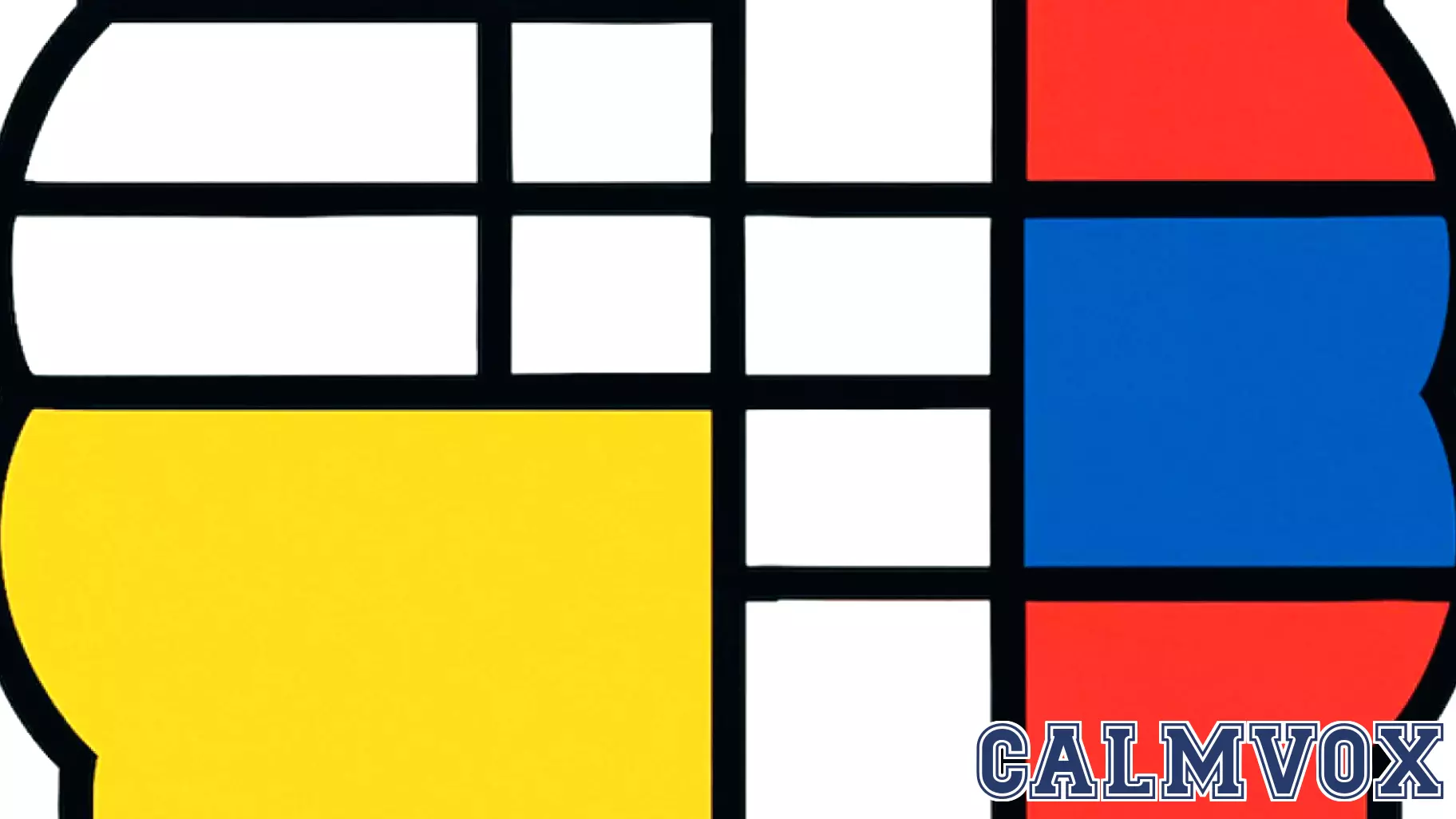Rethinking Intelligence: The Role of Geometry in Thought
May 5, 2025 - 23:00

Intelligence—whether natural or artificial—may hinge more on geometric structure than on the traditional notion of temporal sequence. This perspective challenges long-held beliefs about how thought processes are organized and understood. Recent studies suggest that the relationships and arrangements of information within a geometric framework could play a crucial role in cognitive functions.
By examining the spatial configurations of neural networks and algorithms, researchers are uncovering insights into how intelligence operates. This geometric approach allows for a more nuanced understanding of both human cognition and the development of artificial intelligence systems. It raises important questions about the nature of intelligence itself: Is it merely a linear progression of thoughts, or could it be better represented as a complex web of interconnected ideas?
As science continues to explore these geometric dimensions, the implications for fields such as neuroscience, psychology, and AI development could be profound, potentially reshaping our understanding of intelligence in the years to come.
MORE NEWS

March 1, 2026 - 08:18
New psychology research reveals a vicious cycle involving smartphone use and feelings of disconnectionNew psychology research reveals a troubling daily cycle where smartphone use and feelings of loneliness intensify one another. A study published in the journal Addictive Behaviors provides...

February 28, 2026 - 23:13
AI in, Garbage Out: Is Meta-Analysis in Danger?A cornerstone of modern psychology, the meta-analysis, is facing a novel and significant threat from the proliferation of fake, AI-generated scientific papers. This method, which statistically...

February 28, 2026 - 10:20
Critiquing Israel is not Anti-Semitism: The American Psychological AssociationIn a significant statement, the American Psychological Association has clarified the crucial distinction between criticizing the policies of the Israeli government and antisemitism. This move...

February 27, 2026 - 23:59
Psychology Suggests the U.S. Army Needs to Do More To Battle A New Enemy (Not Russia or China): LonelinessA recent study highlights a growing, non-traditional adversary within the U.S. military ranks: pervasive loneliness. While the Army possesses deep institutional knowledge for building unit cohesion...